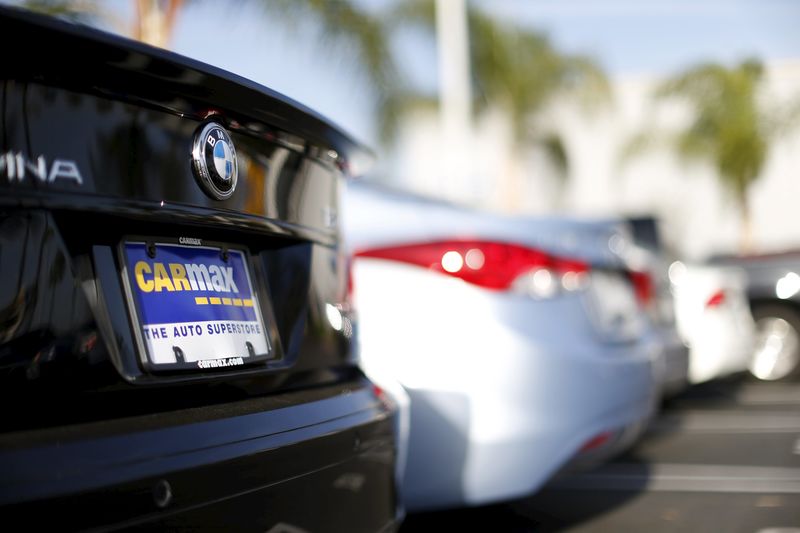By Alexandria Sage
(Reuters) - Honda Motor Co's (T:7267) order that its U.S. dealers stop selling some 2.2 million of the automakers' most popular models is compounding financial and regulatory headaches for car dealers stuck with millions of vehicles that have potentially hazardous air bags or other safety defects.
With the recalls affecting Honda vehicles dating back several years, used-car dealers are facing increased pressure. It is legal under federal law to sell used cars with unrepaired safety defects that are subject to recall, but dealers that operate under franchises with manufacturers could be violating those agreements.
It is illegal to sell new cars that are subject to a recall under federal law.
Because some used-car dealers operate independently of any manufacturer, the growing number of used cars that need safety repairs is creating divisions among dealers. The National Highway Traffic Safety Administration says this difference creates a "safety loophole."
John Isaacson, a Honda dealer in Auburn, Maine, said he was hit by three recalls the same day, but would respect Honda's ban. "If people are selling these with open recalls, customers get mad," Isaacson told Reuters. "Over time, it's not good for business."
Regulators have taken steps to address sales of used cars subject to safety recalls.
In a settlement last month with General Motors Co (N:GM) and two dealer groups, the Federal Trade Commission warned automakers and dealers not to claim that used vehicles sold as "certified pre-owned" cars had undergone comprehensive inspections if repairs required under a recall had not been done.
“Companies touting the comprehensiveness of their vehicle inspections need to be straight with consumers about safety-related recalls,” Jessica Rich, director of the FTC’s Bureau of Consumer Protection, said in a statement.
As in Honda's case, manufacturers sometimes issue a "stop sale" on models subject to recall and can penalize their franchise dealers if they sell such cars.
The head of the California New Car Dealers Association, Brian Maas, said one of his members had 15 percent of his inventory affected by the Honda recall.
However, dealers outside the new vehicle franchise system, whether independents or chains such as CarMax (N:KMX), the largest U.S. used-car retailer, can sell such cars.
AutoNation Inc (N:AN), the largest new vehicle dealer group in the United States, has said it will not sell a new or used vehicle that needed repairs under a recall, and Chief Executive Mike Jackson is calling on rivals to do likewise.
In the meantime, Jackson told Reuters, the policy is proving costly, in part because the chain has to stock more vehicles to make up for the roughly 16 percent of inventory it cannot sell.
AutoNation, with its huge network of dealerships, can "afford to do the right thing," said Kelley Blue Book analyst Rebecca Lindland. Smaller dealers need to turn cars quickly and cannot afford dead inventory.
Honda has said parts to repair the Takata airbags will not be ready until late summer.
CarMax says it is transparent about recalls on its used cars, including a link on each car's listing on the website to search for open recalls. Carmakers do not allow CarMax to perform recall repairs, so customers are "best positioned" to get repairs at franchised dealers after purchase, the company says.
